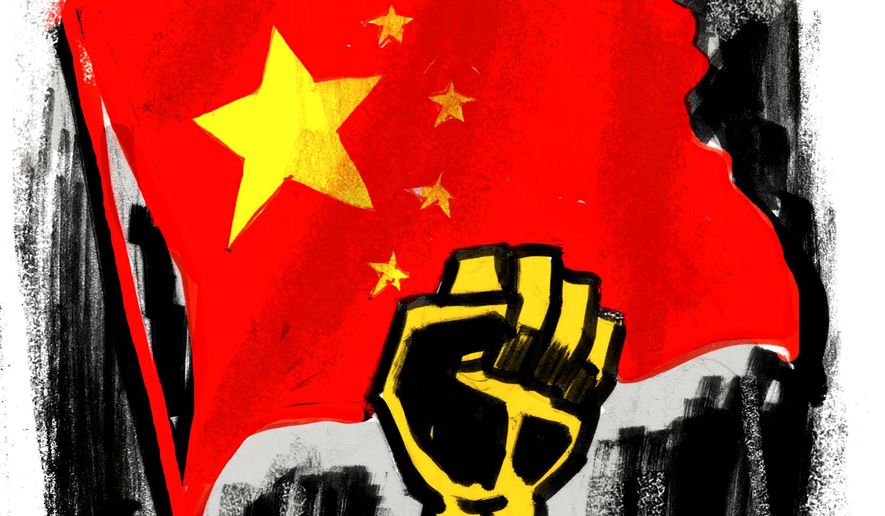 Shortly before the reversion of Hong Kong to Communist control, I took my family there one last time before what I expected to be the imposition of an Iron Curtain around that enclave of freedom on the fringes of mainland China.
Shortly before the reversion of Hong Kong to Communist control, I took my family there one last time before what I expected to be the imposition of an Iron Curtain around that enclave of freedom on the fringes of mainland China.
I frankly thought that the “One Country, Two Systems” approach agreement with Hong Kong between the Beijing and the city’s British colonial overlords wasn’t worth the paper it was written on. While there, I met one of the city’s prominent British-born lawyers through a mutual friend.
The attorney had also once been a colonial judge and had a good feel for the negotiations. He believed that my fears for an immediate Communist crackdown were unfounded, but that I was right in my assessment that Beijing would eventually impose non-democratic control. He did not think that Beijing would send in tanks when that happened. Rather, he believed that the Communists would do it by gradually subverting the justice system — particularly the police and judiciary.
At the time, the Hong Kong police department was one of the best in the world with a cadre of highly trained Australian officers and a reputation for evenhandedness along all racial lines. The judiciary was also built on the democratic British model and was noted for its transparency.
My friend further explained that China — whose own economic growth was just beginning to become a phenomenon — needed Hong Kong’s capital and was not immediately inclined to mess with success. However, he believed that within a few decades, Beijing would subvert the police with a core of regime trained officers replacing the existing force by attrition.
No comments:
Post a Comment